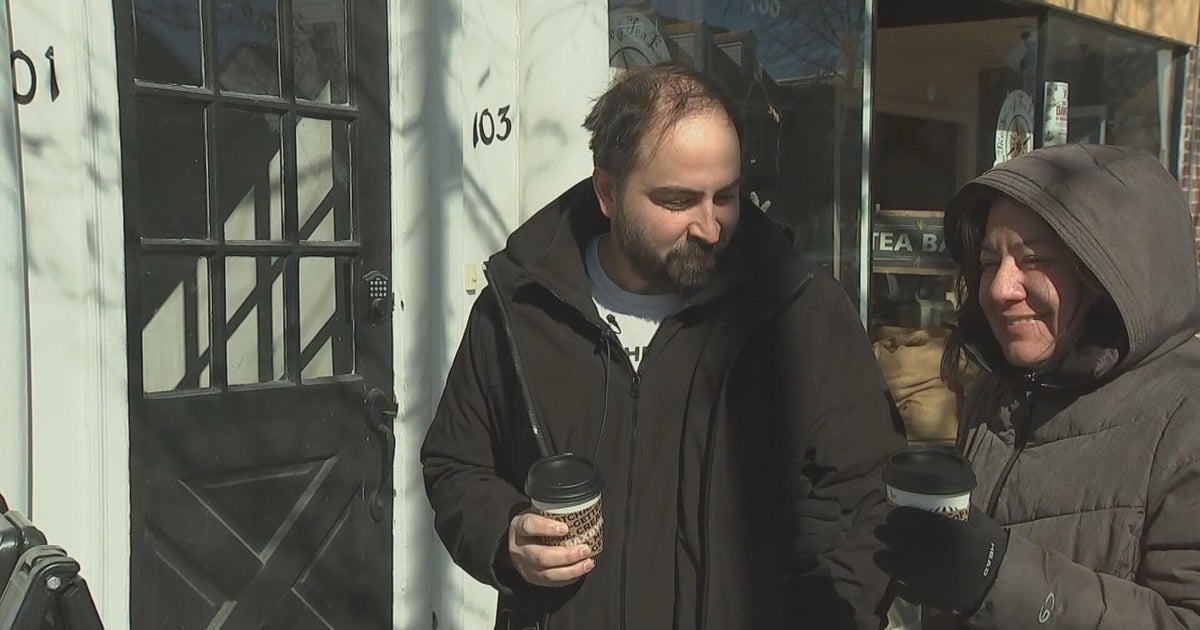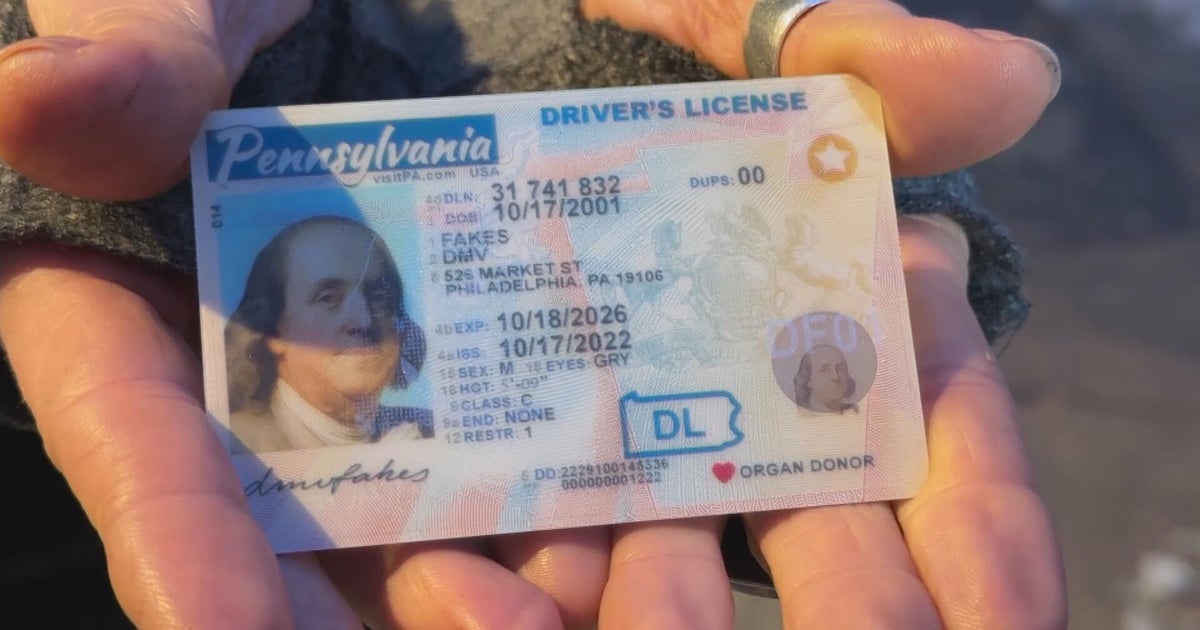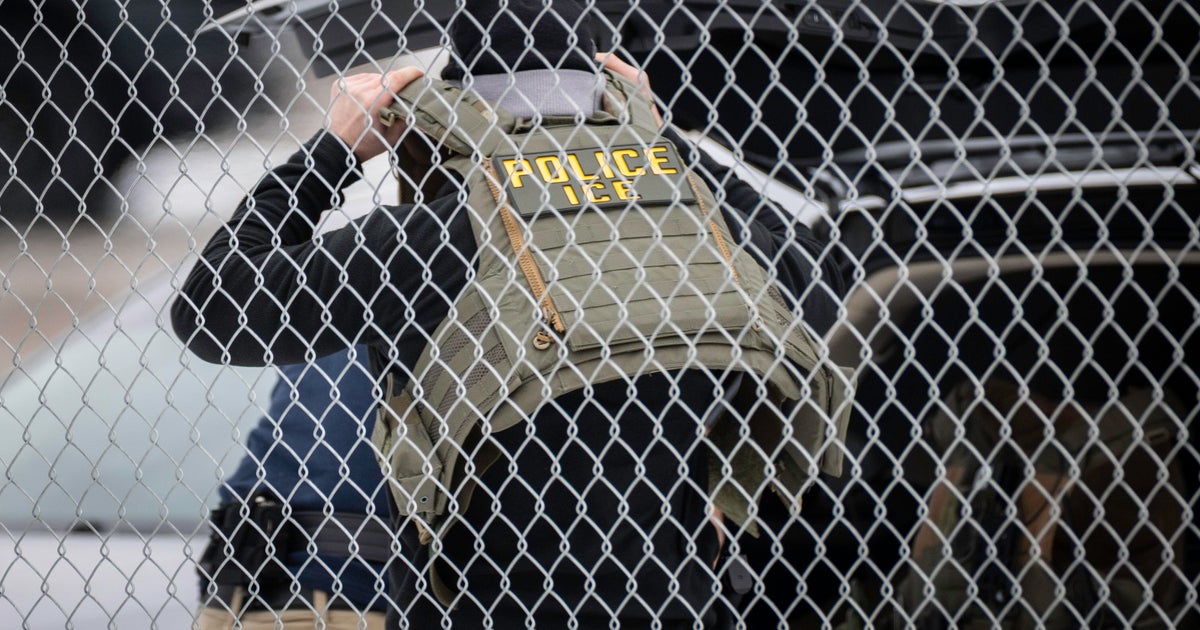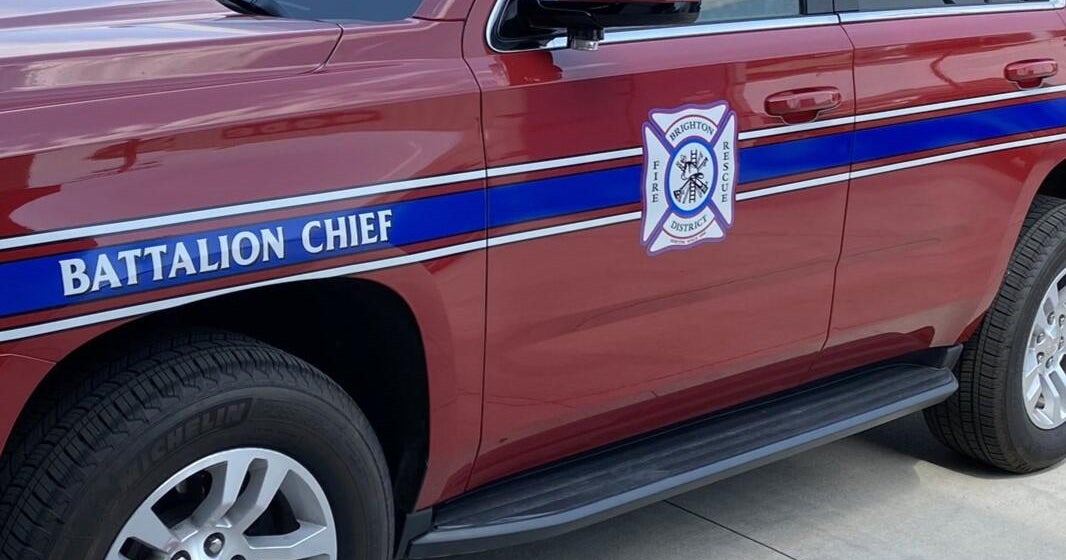Plastic Straw Bans Upsetting People With Disabilities
NEW YORK (CNN) - Daniel Gilbert uses a plastic straw to drink his coffee in the morning. For many years, the 25-year-old man has carried them with him everywhere. He's had to, because all plastic straws are not the same.
Gilbert needs his straws to be the right length, and they have to be able to handle hot temperatures. Many restaurants do not offer what he needs.
The Kentucky man was born with Duchenne muscular dystrophy, a genetic disorder that causes muscles to progressively deteriorate. As his muscles weakened, it became harder for him to pick up something like a cup, so Gilbert began carrying straws when he reached his twenties.
One night, Gilbert left his straws at home while at a bar with friends. Typically, he uses bendable ones to position the straw closer to his mouth. But all that the bar had was plastic stirrers. "I had to manage, but it took a lot of effort," he said. "It was really exhausting."
Gilbert and other people with disabilities fear that growing efforts to ban plastic straws will limit accessibility at restaurants, on airplanes and at other service establishments.
Starbucks announced Monday that, by 2020, it will phase out the use of plastic straws in its cafes. This came a little more than a week after Seattle, the birthplace of the coffee giant, banned plastic straws and utensils from the city's restaurants, bars and food trucks.
American Airlines added Tuesday that it too will eliminate straws from its in-flight beverage service beginning in November, replacing them with stir sticks. The announcement follows a similar move by Alaska Airlines.
The bans are meant to be a proactive step in easing the burden that plastic waste has on our environment. They also make life more complicated for people in the disabled community who rely on these tools. Going without a straw may leave some people struggling through the physical motion of putting a drink to the mouth, or leaking liquid into the lungs, or choking.
Emily Ladau, an activist and writer on disability issues, has Larsen syndrome, a disorder which affects the development of her bones. Ladau is primarily affected in her lower body, so she does not rely on straws, but opts for them because it can be difficult to maneuver in a wheelchair and drink at the same time.
For people who need straws, materials other than plastic just don't do the job properly. Paper? It dissolves, or you can bite through them. Metal? It can get too hot or too cold, and can even be painful for those with symptoms like jitters. Reusable straws can easily be forgotten at home.
Disability Rights Washington is a nonprofit in Seattle. They explained, in a letter that it co-authored to the city. "Other types of straws simply do not offer the combination of strength, flexibility and safety that plastic straws do."
Gilbert has tried to do his part as well, to educate others on why plastic is the most efficient material. But he often gets told that he is wrong. "I'd be more than happy to use more environmentally friendly straws," he said. "[The disabled community] isn't trying to be anti-environment. We're just protecting disabled people."
When asked about what steps they would take to accommodate disabled patrons, Starbucks said in an email, "Customers are still able to get a straw -- made from alternative materials -- and we will work with the disability community to ensure we continue to meet their needs going forward." It is not clear what those materials will be, or if plastic straws will continue to be made available.
The National Park Service estimates that Americans use 500 million "drinking straws" each day. Kate Melges, who monitors ocean pollution for Greenpeace USA, said that plastic straws make up a small percentage of the debris found in the oceans and other bodies of water. On cleanups, she finds many more food wrappers and plastic bottles than straws.
But straws are a simpler problem to overcome. "They're a relatively easy item to eliminate," Melges explained. "They're not a necessity for every single person. They're the first entry point into tackling plastic pollution."
Ladau expressed concern. "Straw bans are a microcosm of the larger issue," she said. "Access needs are entirely ignored."
"The [Americans with Disabilities Act] was passed 28 years ago," Gilbert said. "There should be sweeping policies."
(© Copyright 2018 Cable News Network, Inc., a Time Warner Company. All Rights Reserved. This material may not be published, broadcast, rewritten or redistributed.)







